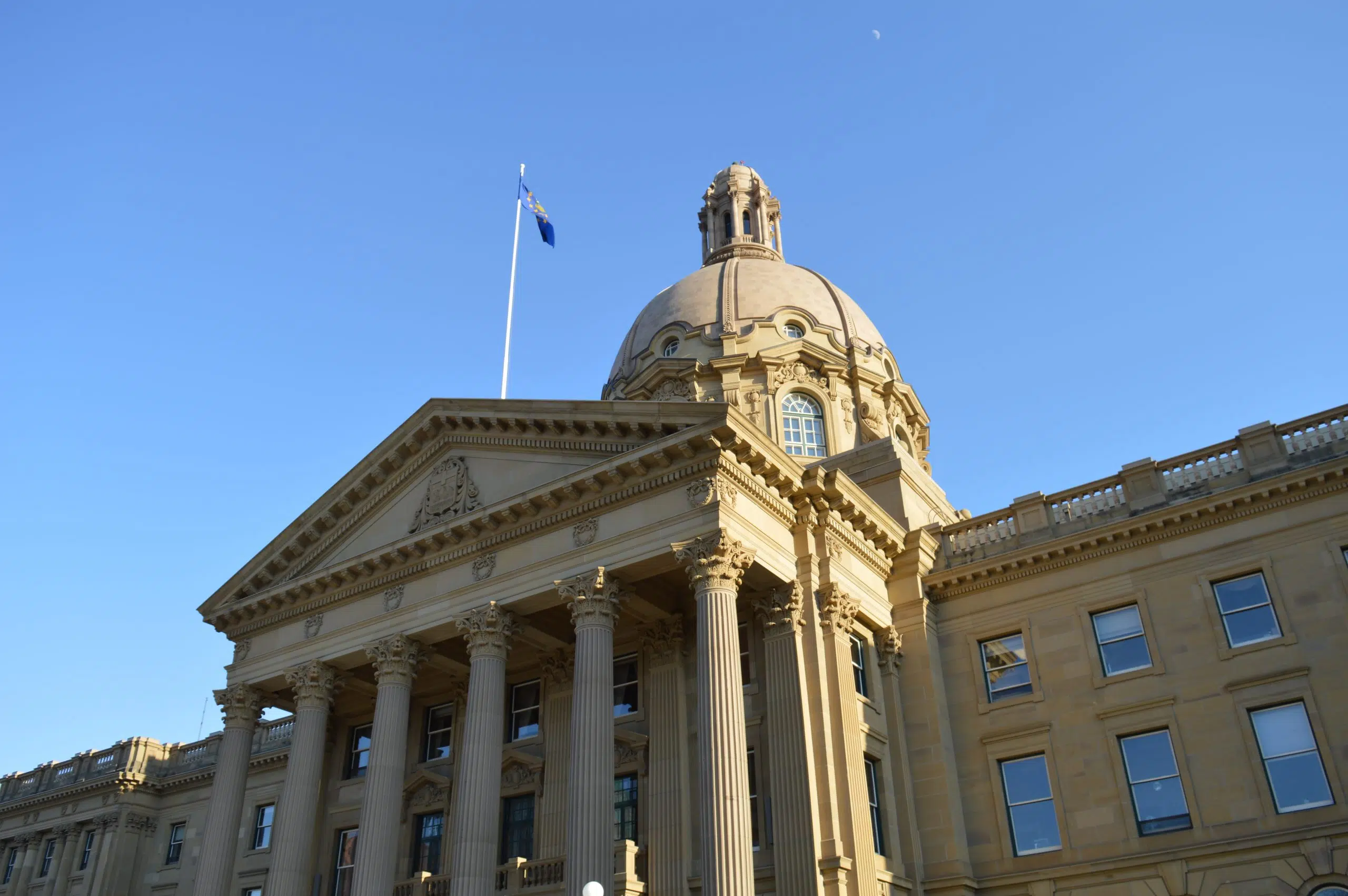
Public sector unions angry with Bill 9
MEDICINE HAT, AB — The union which represents nurses across Alberta is not happy with a new bill introduced by the United Conservative Party this week.
On Thursday, Minister of Finance Travis Toews tabled the Public Sector Wage Arbitration Deferral Actm also known as Bill 9, in the Alberta legislature. If passed, Bill 9 will delay wage talks for public sector workers until after October 31, to allow the Blue Ribbon panel to complete its assessment of Alberta’s finances.
“We owe it to Albertans, and all public sector workers, to come to the table with information on the state of our economy and the impact it will have on our finances, so we can make responsible and informed decisions,” Toews said in a statement on Thursday. “We will continue to work together with our union stakeholders in good faith. Negotiating without this information would be fiscally irresponsible and we are seeking the time to make the right decisions for all Albertans.”
However, unions representing public sector employees, such as the United Nurses of Alberta, the Alberta Teachers Association and the Alberta Union of Public Employees have slammed the bill and its impact on the collective bargaining process.
